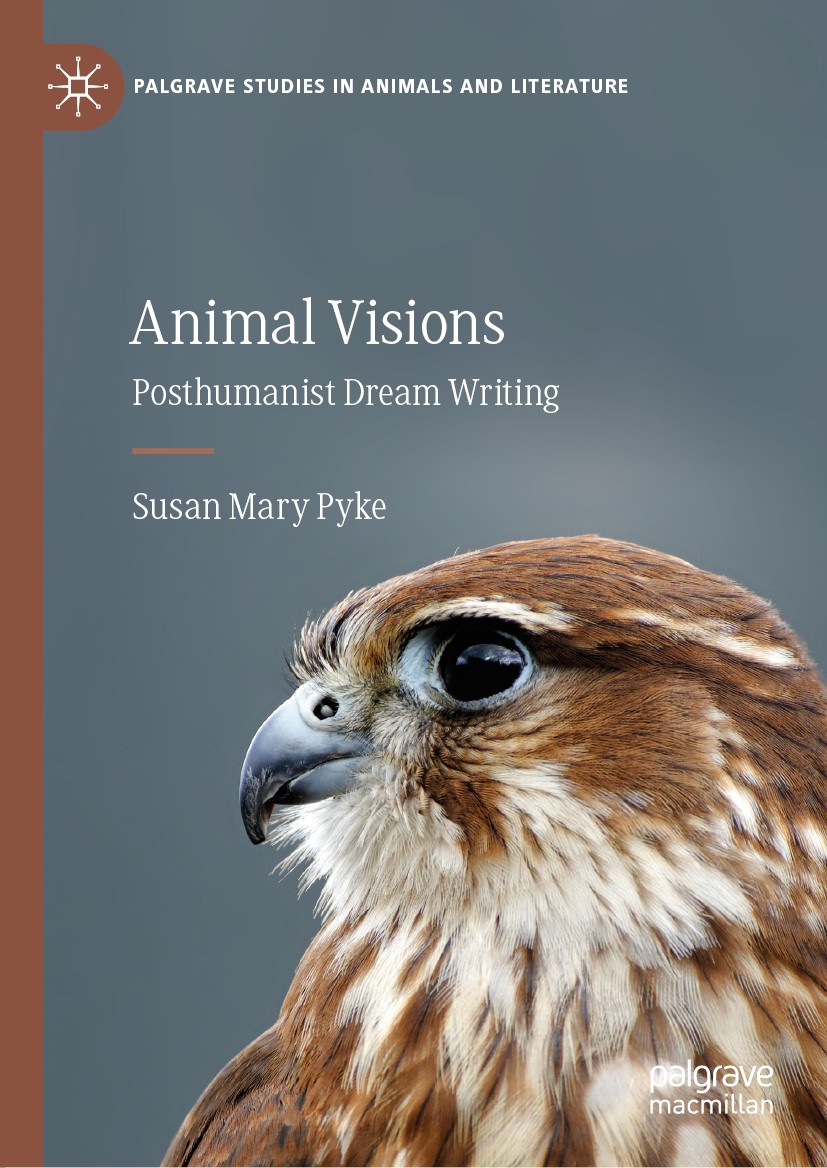| 期刊全稱 | Animal Visions | | 期刊簡稱 | Posthumanist Dream W | | 影響因子2023 | Susan Mary Pyke | | 視頻video | http://file.papertrans.cn/158/157689/157689.mp4 | | 發(fā)行地址 | Presents a theoretical framework that considers posthuman dream writing as a conduit to politically charged affective reading, through the vantage of literary animal studies.Argues that posthuman drea | | 學(xué)科分類 | Palgrave Studies in Animals and Literature | | 圖書封面 |  | | 影響因子 | .Animal Visions. considers how literature responds to the harms of anthropocentricism, working with Emily Bront?’s .Wuthering Heights. (1847) and various adaptations of this canonistic novel to show how posthumanist dream writing unsettles the privileging of the human species over other species. Two feminist and post-Freudian responses, Kathy Acker’s poem “Obsession” (1992) and Anne Carson’s “The Glass Essay” (1997) most strongly extend Bront?’s dream writing in this direction. Building on the trope of a ludic Cathy ghost who refuses the containment of logic and reason, these and other adaptations offer the gift of a radical peri-hysteria. This emotional excess is most clearly seen in Kate Bush’s music video “Wuthering Heights” (1978) and Peter Kosminsky’s film .Wuthering Heights. (1992). Such disturbances make space for a moor love that is particularly evident in Jane Urquhart’s novel .Changing Heaven. (1989) and, to a lesser extent Sylvia Plath’s poem, “Wuthering Heights” (1961). Bront?’s .Wuthering Heights.? and its most productive afterings make space for co-affective relations between humans and other animal beings. Andrea Arnold’s film .Wuthering Heights. (2011) and Luis Bu?u | | Pindex | Book 2019 |
The information of publication is updating

|
|
 |Archiver|手機(jī)版|小黑屋|
派博傳思國際
( 京公網(wǎng)安備110108008328)
GMT+8, 2025-10-16 15:05
|Archiver|手機(jī)版|小黑屋|
派博傳思國際
( 京公網(wǎng)安備110108008328)
GMT+8, 2025-10-16 15:05


